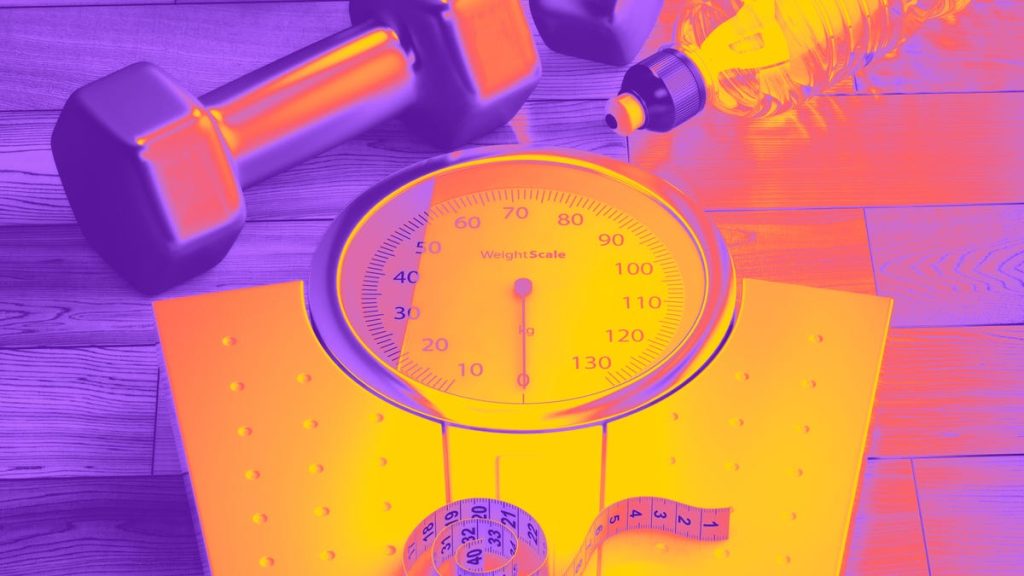Weighing yourself properly is essential if you have a fitness goal of losing weight. While weight should not be the only measurement of your health, it can provide valuable information about your progress towards your overall health target or body recomposition. To ensure consistent and accurate results, it is important to follow a few simple steps when weighing yourself. The best time to weigh yourself is in the morning, after using the restroom and before eating breakfast or drinking water. This time allows your body to properly digest the food and drink from the previous day, resulting in a relatively empty stomach for a more accurate reading.
On the other hand, there is no specific “worst” time to weigh yourself, but there are activities that could throw off your weight measurement. It is recommended to avoid weighing yourself after eating a large meal, drinking a lot of liquids, or exercising, as these factors can temporarily affect your weight reading. For women who experience menstruation, it is advisable to avoid weighing yourself in the days leading up to your period due to hormonal fluctuations that can impact weight. It is important to note that weight can naturally fluctuate throughout the day and from day to day, so consistency is key when monitoring weight changes.
In addition to weighing yourself at an ideal time of day, there are other tips to ensure accurate readings from your scale. It is recommended to weigh yourself once a week at the same time of day, on a solid and flat surface, while standing barefoot with weight evenly distributed between both feet, and wearing minimal clothing for consistency. However, if weighing yourself starts to have a negative impact on your mental or emotional well-being, it may be time to break up with your scale. This could include negative thoughts, anxiety or sadness triggered by weighing yourself, or the development of unsafe or unhealthy habits. It is important to prioritize your mental and emotional health over the number on the scale.
Ultimately, weight is not the only metric of health and should be viewed in conjunction with other factors such as body composition, fitness levels, and overall well-being. If weighing yourself becomes a source of stress or distress, it’s okay to take a break and focus on other aspects of your health journey. Remember that everyone’s body is unique and weight fluctuation is normal, so it’s important to listen to your body and prioritize self-care and mental wellness above all else. If you have concerns about sudden changes in weight or your overall health, consult a healthcare professional for personalized advice and support.


